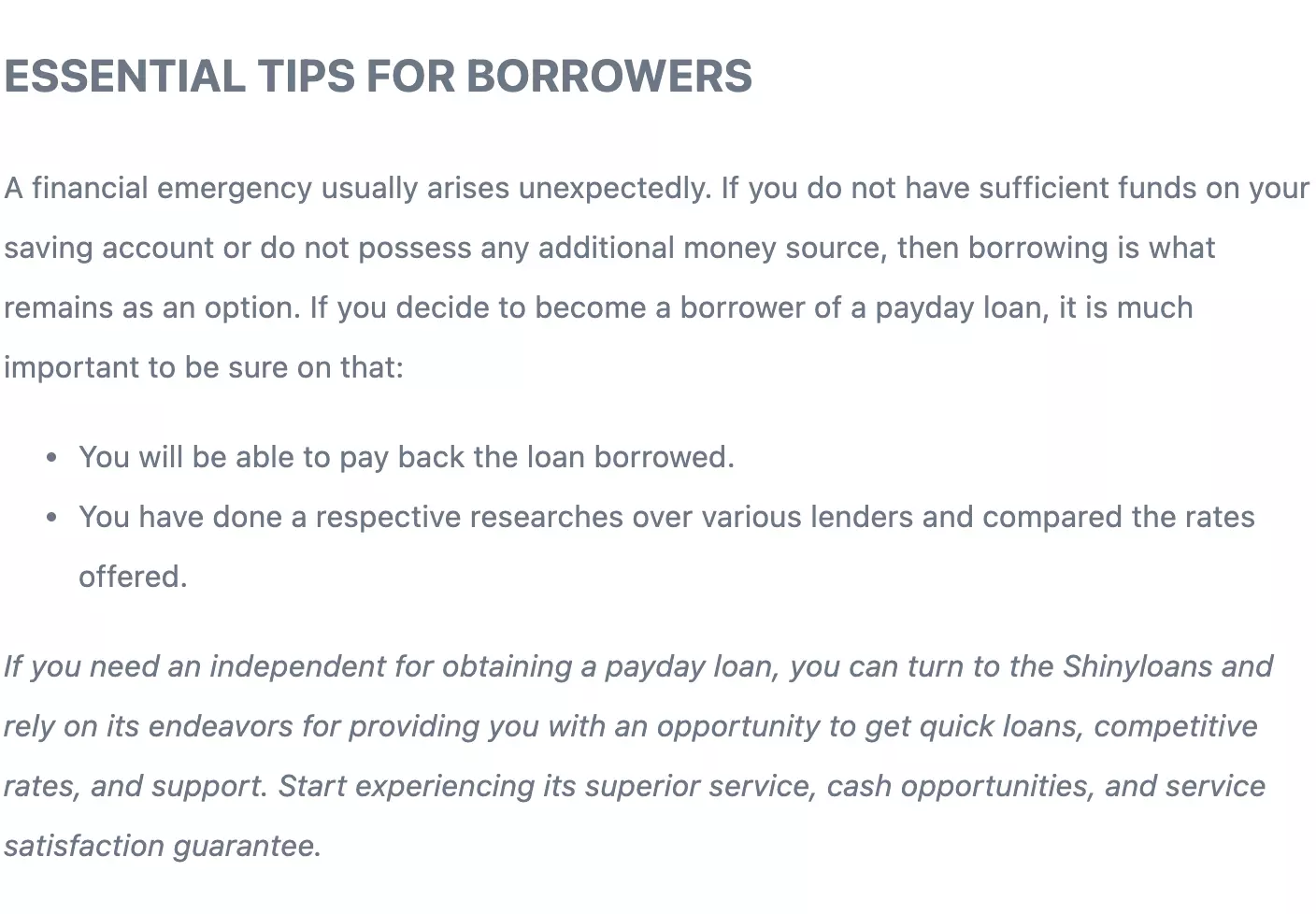Your credit score is the most important measure of your financial track. It allows lenders to evaluate and see how well you utilize your credit. In most cases, a better credit score means having the option to receive even lower interest rates with your loan.
If you are looking to improve your current credit score, there are a number of certain things you may be able to practice. Here is a quick and brief guide to help you realize a better credit score.
- Review your credit report thoroughly. While trying to improve a given, you must first know what you are dealing with. This is where you rely on your credit history and all the mishaps of the past. Extracting your credit reports and revising your past actions may help decide what you are doing right, and what is harming your credit score. Features that boost your credit score include a history of on-time payments, credit cards with low balances, marginal inquests for new credit.
- Pay your bills right on time. While lenders evaluate your credit report and submit them for an assessment they are mostly interested in your ability to consistently pay your bills. Past payments are usually a good indicator of future performance. You are able to optimistically affect your credit score by paying all your forthcoming bills right on time. Paying later than the scheduled date or covering an account with a much lower amount than previously agreed upon may consequently affect your score in a negative way.
- Request and start a new credit account – only if required. Do not exercise this point for the sake of hopefully improving your credit score, because it might have a consequently negative toll on your score. Uncalled-for new credit accounts may eventually damage your score in numerous ways. This may impose several inquiries into your credit report, and maybe even push you to overspend the cash at your disposal leading you to accumulate even more debt.
- Do not close up unused credit cards. A brilliant plan to boost your score is to keep unused credit cards active, as long as they don't cost you any excess fees annually.
- Keep a close eye on your credit utilization ratio. The credit utilization ratio is an important numeric principle that you factor into your credit score calculations. The ratio is simply calculated by adding up your credit card balances and dividing them by the total credit limit. To realize your current credit utilization ratio, you must revise your credit card statements over the past 12 months. Combine the balance on these statements and divide them by 12. Debtors ideally prefer to work with cases holding 30% or lower ratios. A low credit utilization ratio indicates that you have not overspent your credit cards, thus signifying that you are fully capable to manage credit.
Credit scores contain intricate computations. The more you dig into credit reports and fully comprehend how the credit scoring system works, the more you feel in control of your own financial state. A good credit score may help open various doors for you and help you establish a much stable financial future.
(2).jpg)

.jpg)
.jpg)


(2).jpg)



.jpg)
.jpg)